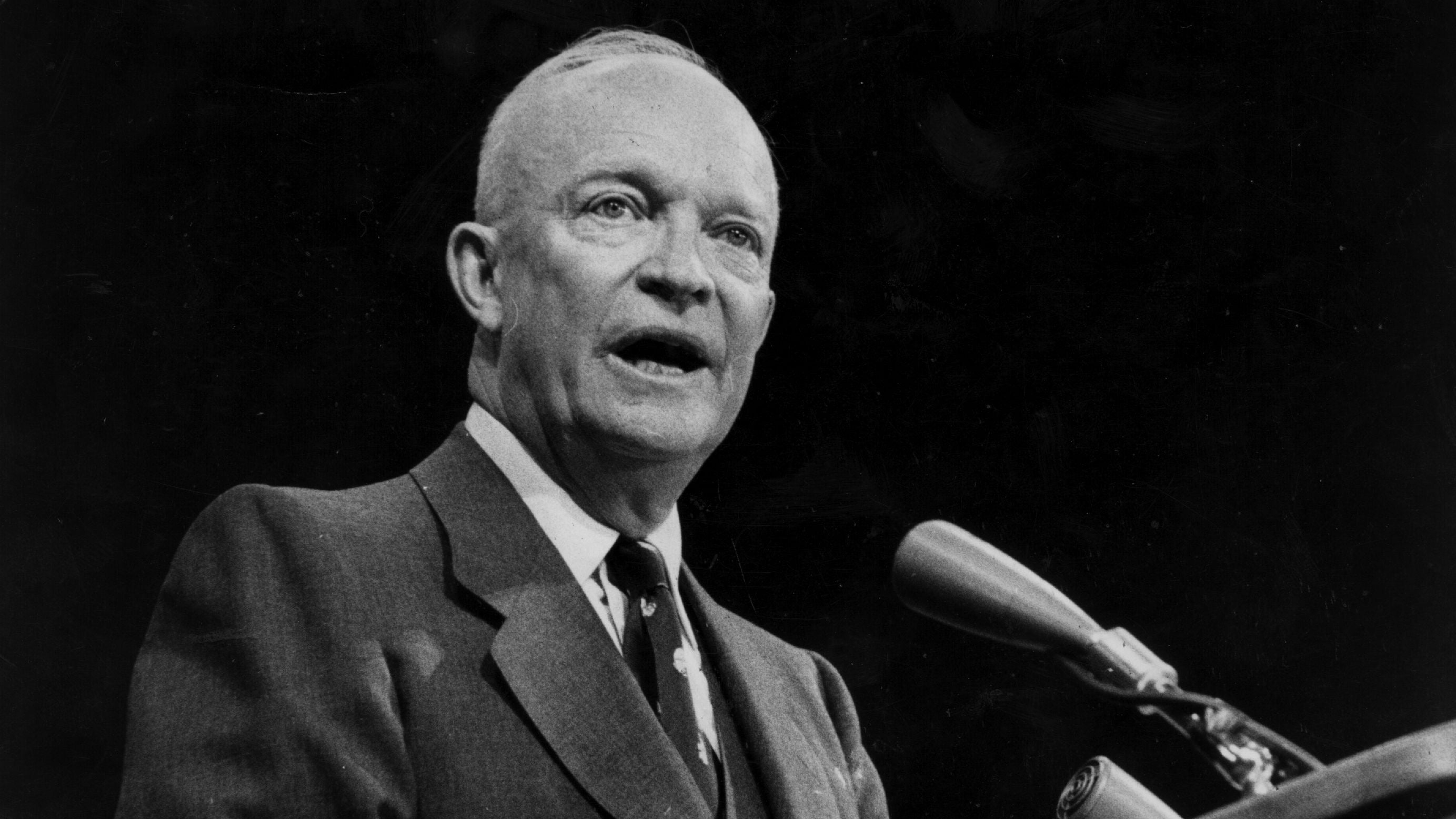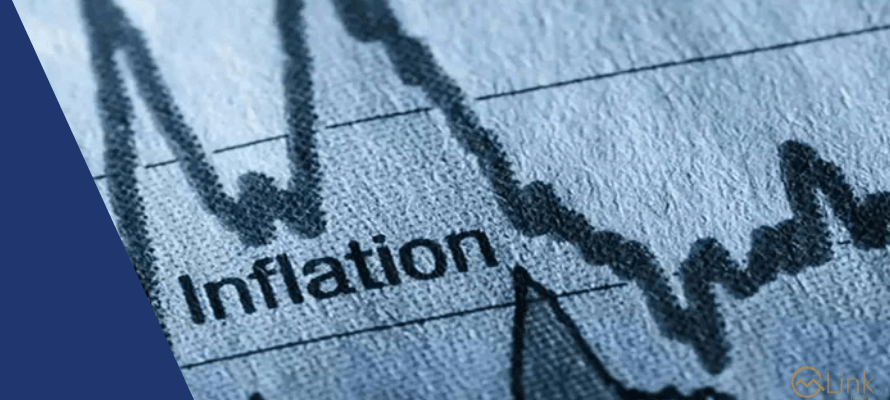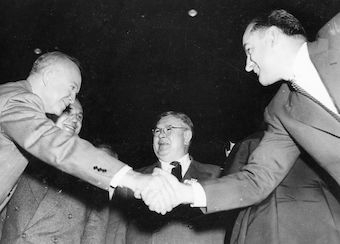
Dwight Eisenhower's presidency (1953-1961) marked a period of steady economic growth and modernization in the United States. His economic policies contributed to the prosperity of the post-war middle class and strengthened the US economy. His major policies included infrastructure development, business support, fighting inflation, and strengthening the social system. Let us examine the main aspects of Eisenhower's economic program.
Infrastructure Development: Building Interstate Highways
One of Dwight Eisenhower's economic policies was the passage of the Federal-Aid Highway Act in 1956. This initiative, one of the most extensive in US history, enabled the creation of a modern road network that spanned the entire nation. It not only enhances regional connectivity but also fuels economic growth, generating millions of jobs and making the transportation of goods more efficient.
The construction of interstate highways was a crucial step toward modernizing US infrastructure, boosting mobility, and stimulating the transport industry's development. It further supported suburban expansion and car culture, becoming a lasting emblem of the "American Dream."
Support for small and medium-sized businesses
Eisenhower pursued an economic policy based on free market principles and limited government intervention in the economy. He believed that stability and prosperity were possible with healthy competition and sustainable entrepreneurship. One of his initiatives was the creation of programs to support small and medium-sized businesses.
Fighting inflation and preserving the budget
Eisenhower understood the importance of a balanced budget and controlling inflation, which threatened the economy in the postwar period. His administration implements measures to keep inflation low while maintaining control over government spending and avoiding excessive budget deficits.

Eisenhower eliminated excessive government programs, cutting unnecessary spending and keeping the federal budget balanced. This helped build confidence in the economy, reduced the risks of inflation, and laid the foundation for sustained economic growth. He also believed that a balanced budget was a guarantor of stability and provided confidence in the US dollar.
Conclusion
Dwight Eisenhower's economic policies leave a significant legacy in the history of the United States. It included strategic infrastructure development, support for entrepreneurship, measures to fight inflation and strengthen the middle class. His approach to the economy lays the foundation for long-term prosperity and stability in the United States, and his presidency is remembered as a time of economic recovery and confidence in the future. Eisenhower's policies continue to serve as a model for building a sustainable economy based on free-market principles, support for entrepreneurship and attention to national infrastructure.




